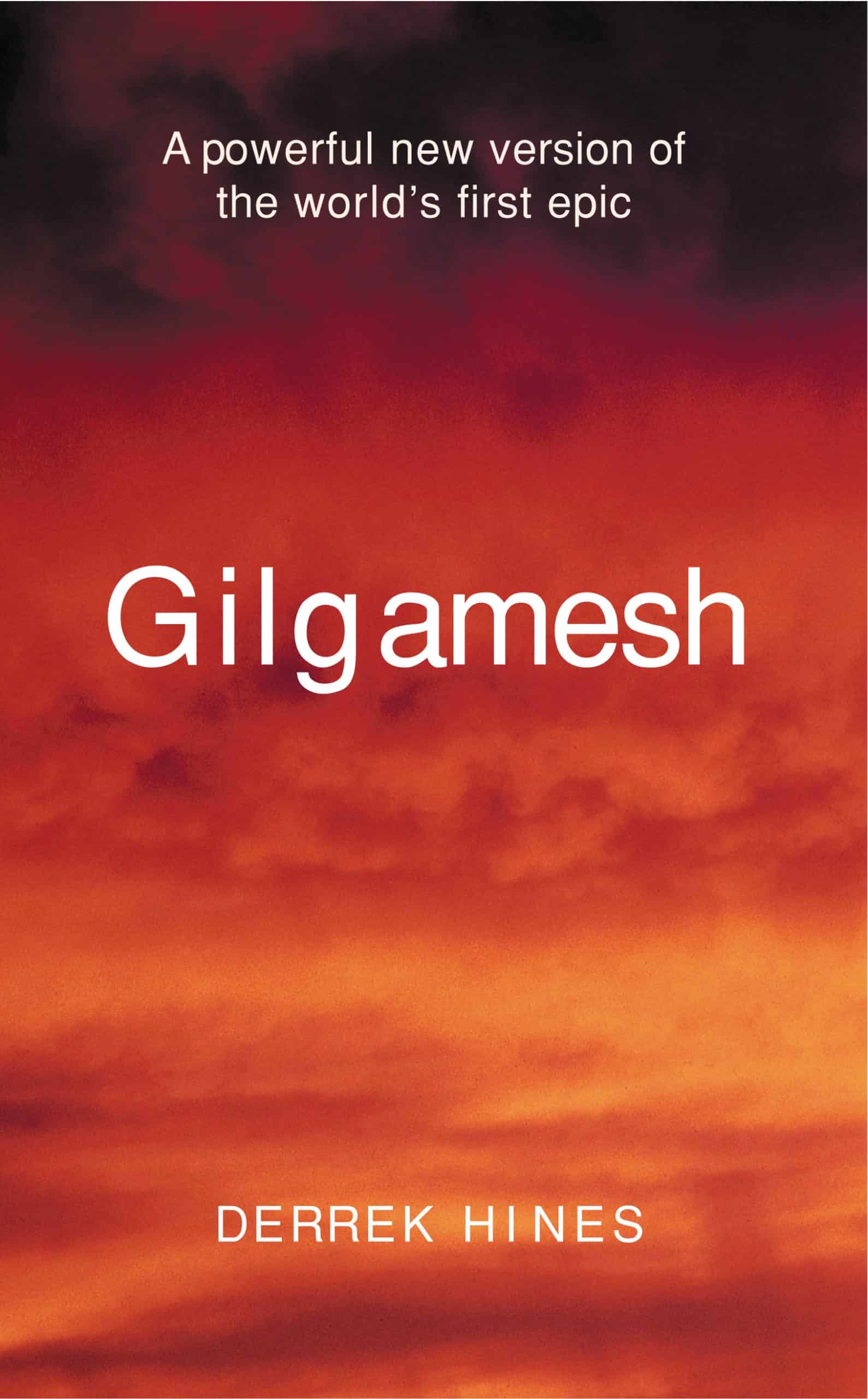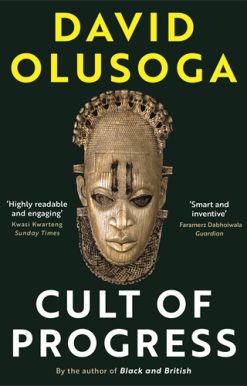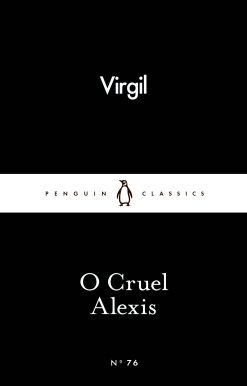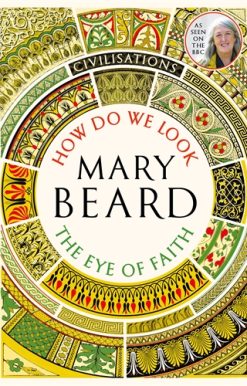Description
The Epic of Gilgamesh is the first great book of man’s heart. Inscribed onto clay tablets around 2400 BC, it enthralled the ancient world with a story of love, heroism, friendship, grief and defiance of the Gods. That it continues to speak to us today, despite its fragmentary state, is testimony to the power and humanity of its themes: King Gilgamesh’s lament for his dead friend Enkidu is still among the most powerful poems of mourning in literature. Inspired by the universality of the Gilgamesh story, the poet Derrek Hines has produced a magnificent reworking of the epic, which brings it into a modern idiom whilst maintaining its timeless quality. His striking imagery breathes a new sensuality and vigour into the characters; his poised and energetic language moves seamlessly between the lyric and the bellicose, the comic and the tragic, the classical and the contemporary. Like Christopher Logue’s War Music, or Seamus Heaney’s Beowulf, this is a work that will communicate to today’s reader the sheer excitement and wonder that its first audiences must have felt five thousand years ago.
Additional information
| Weight | 0.094 kg |
|---|---|
| Dimensions | 0.7 × 13.5 × 21.6 cm |
| Format | Paperback |
| language1 | |
| Pages | 80 |
| Publisher | |
| Year Published | 2002-1-10 |
| Imprint | |
| Publication City/Country | London, United Kingdom |
| ISBN 10 | 0701172525 |
| About The Author | Derrek Hines was born and raised in Canada and read Ancient Near Eastern Studies at university. He has won prizes in, among others, the National Poetry competition and the Arvon Foundation International competition. He currently lives on the Lizard Peninsula in Cornwall where, as well as writing poetry, he publishes a small list of distinguished poets under the Cargo Press imprint. |
| Review Quote | Impressive, consistent… packed with good things |
| Other text | Gilgamesh is Derrek Hines's version of the Gilgamesh Epic – not so much a translation as a vibrant and vigorous reimagining of the world's first book, which should take its place alongside Heaney's Beowulf and Hughes's Ovid on the shelf of revivified classics |





